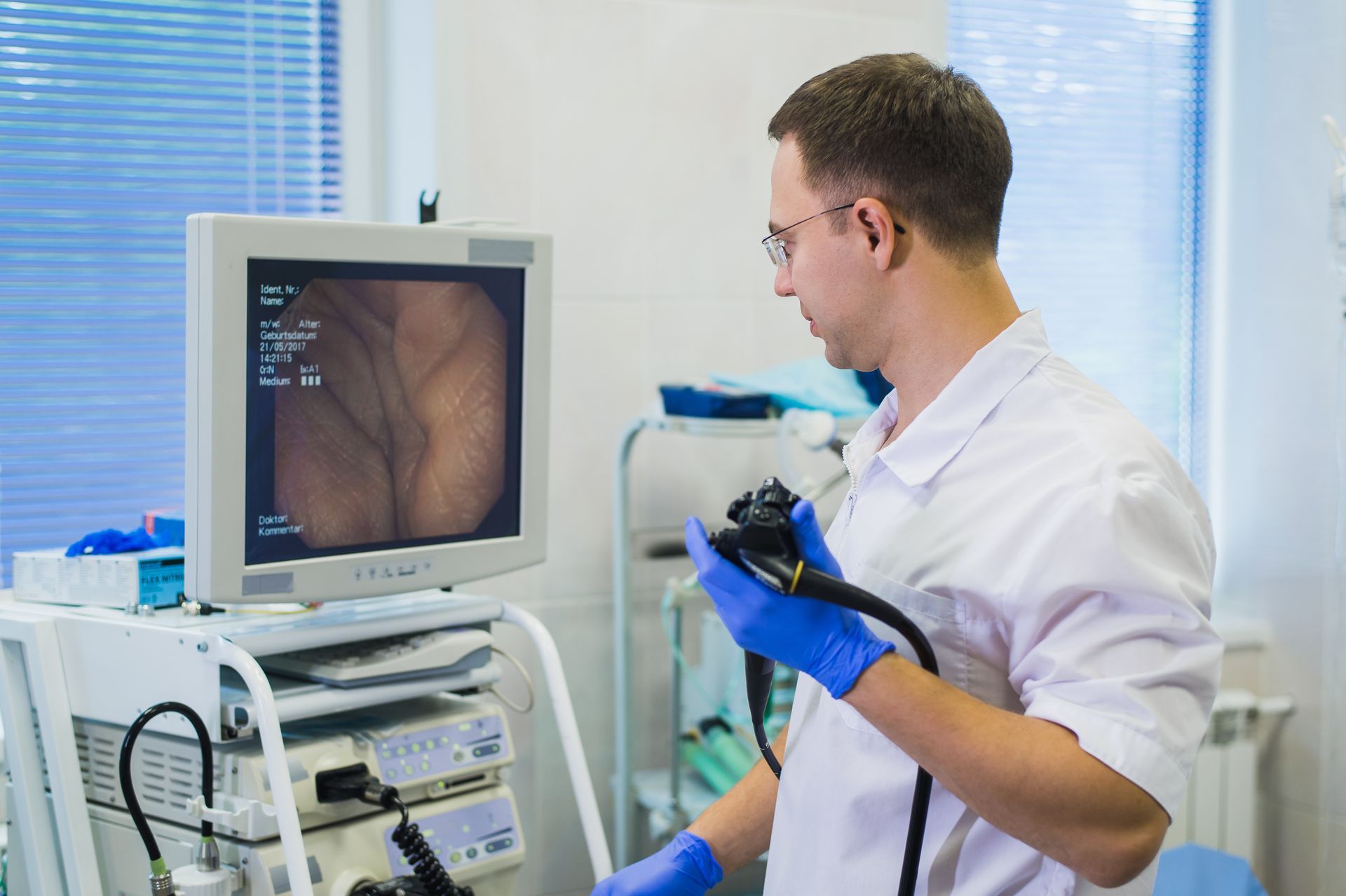Cholecystitis: Causes and Treatment of Gall Bladder Inflammation
Your gall bladder is a small, pear-shaped organ that concentrates and stores bile, allowing you to digest fats. Bile is a compound that is produced by the liver and then stored in the gall bladder until it is needed. The cholesterol, bilirubin, and bile salt compound are released into the small intestine, breaking down the fats in your food. This is a very important process in your digestive system. When it is not operating properly, a condition called cholecystitis can occur.
What is Cholecystitis?
Cholecystitis occurs when the gall bladder becomes inflamed due to blockages in the bile ducts. These blockages are typically caused by gallstones. Gallstones develop when the elements that create bile, stay within the gall bladder, eventually turning into hard, pebble-like masses. As the gall bladder swells from inflammation it can cause tenderness and sharp pain on the right side of your abdomen.
Types of Cholecystitis
There are two types of cholecystitis: acute calculous cholecystitis (or acute cholecystitis) and acute acalculous cholecystitis. ACC causes infection and lack of blood flow. Repeated gall bladder attacks, and the corresponding swelling and shrinking can damage the gall bladder, reducing its ability to store bile, and increase the likelihood of more blockages. AAC is a gall bladder disease that does not have gall stones or cystic duct blockages present. Fewer than 15% of cholecystitis are acalculous, typically occurring in hospitalized patients that have other health issues.
How is Cholecystitis Treated?
Cholecystitis is commonly treated with a cholecystectomy, which is the removal of the gallbladder. Because there is a high rate of recurrence when only the stones are removed, it is more effective to remove the gallbladder itself. This is a routine laparoscopic procedure. For older patients, or those with other complications, a cholecystostomy drainage tube can be placed in your gall bladder for proper drainage.
If you are having abdominal pain, or experiencing any other digestive issues, you should your doctor. The expert staff at Digestive Diseases Center in Florida are here to help.
CONTACT
850-763-5409
ADDRESSES
4 LOCATIONS
204 E 19th Street, B, Panama City
12216 Panama City Beach Pkwy, D, Panama City Beach
4295 3rd Ave, Marianna
101 Good Morning St., 109B, Port St. Joe
Subscribe to our newsletter:
subscribe to our newsletter
We will get back to you as soon as possible.
Please try again later.



